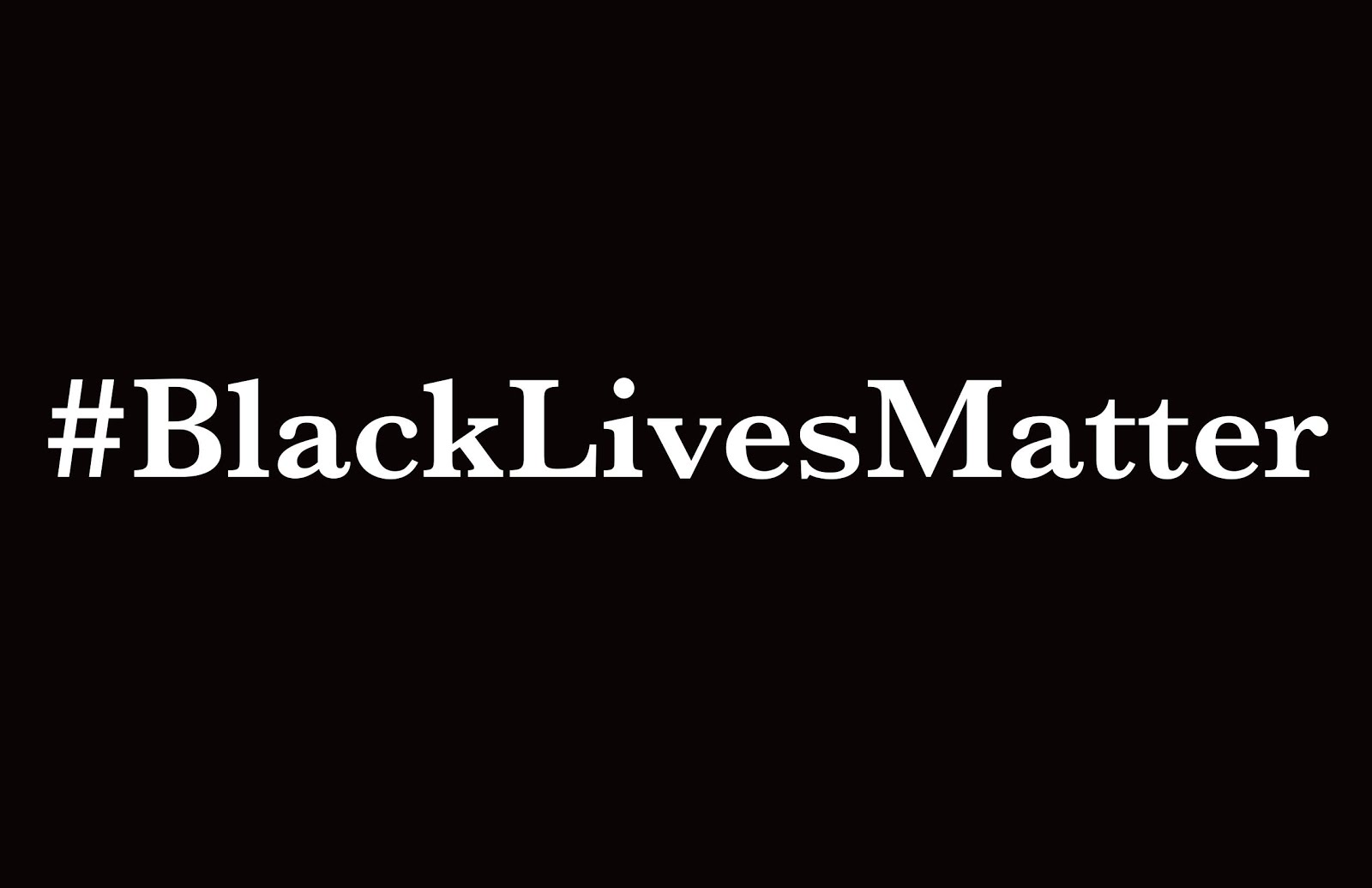By the way, that none so blind phrase is not biblical, as so many believe.
The phrase seemed the best way to describe this writing from a book I've been reading. The book is titled: "The Healing Wound" by Gitta Sereny and it is a series of articles and essays she's written over the years. She writes:
For me, being with this man showed me as no other could have done the very essence of the process of corruption. It was an experience I might not have given myself had I know what it would do to me......I think my reason for doing the things I do, is and always has been quite simply - or perhaps not so simply - a need, a drive to know. The price one pays (and selfishly, expects the people one loves to pay) for giving in to this inner need, in shock, in tension and in a particular kind of fatigue, can be high.
Perhaps something that happened when I was about half-way through the conversations with Stangl, can illustrate these tensions. It happened on an evening after I had stayed late talking to the prison director and the Dusseldorf station platform was virtually empty as I waited for my train. I heard the sound of crying - of many children crying, it seemed to me - for a long time before a freight train, slowing down during its passage through the station, went past us, And as it rolled through - the cries by now, I thought, desperate - I saw parts of pale small faces pressing against the narrow openings of each car. I'm not given to fainting, but I blacked out. The railway worked who helped mu up told me the freight trained carried cattle. It was calves, calves crying just like children. I can still hear them now, as I write.
The Healing Wound, Gitta Sereny. Essay titled "Colloquy With A Conscience" p 92-93.
She is writing about interviewing Franz Stangl who was the commandant of the Sobibor extermination camp during the holocaust. She wrote a book about him based on her interviews.
I reference blindness because she apparently was afflicted with it in depth and profundity...at least I presume she was. Nowhere could I find any mention that she was vegan or went vegan or supported veganism after her experience on the train platform. She certainly did not mention such in the essay and that would have been the logical place for it. I hope I'm wrong but I don't think so.
She writes about her need to know...yet she is unable to see what is right in front of her...that our behavior toward our fellow animals is that which we condemn as horrible and monstrous and "corrupt".
And the calves weren't crying "just like children", calves are children.
For those who are vegan...thank you. Going vegan is required for those seeing clearly. Not being vegan means blindly (or maybe not so blindly) supporting and participating in the horrid, the monstrous and the corrupt...so stop...please.






